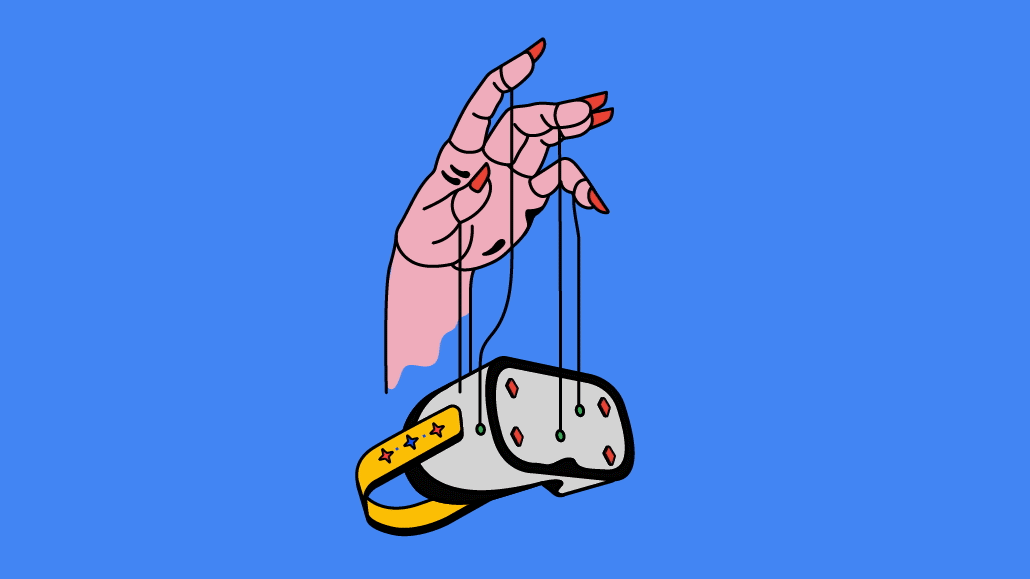
Films with powerful environmentally centered narratives can transform our thinking and connect us with nature in ways that scientific papers cannot. For example, Studio Ghibli, a renowned Japanese film studio cofounded by animator Hayao Miyazaki, creates complex visual stories about human-nature relationships that transcend barriers of culture or age. A key message of Miyazaki’s work is that we must respect nature—or face our own destruction.







